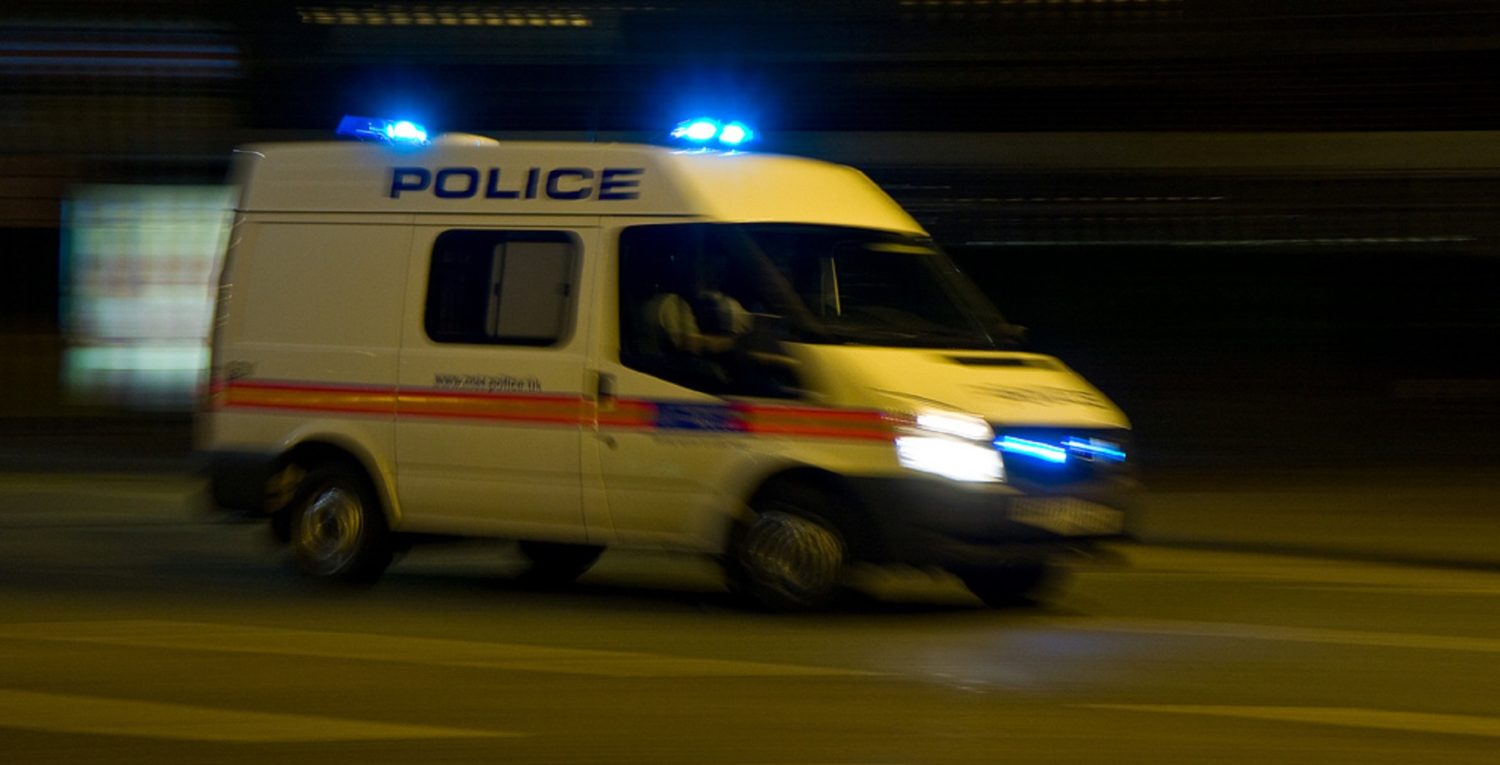The thinner blue line
The government is playing a 'smoke and mirrors' game in regard to the relationship between cuts and violent crime, writes Ellie Reeves.
The number of violent crimes recorded by police in England and Wales has risen by 14 per cent over the last year, bringing the overall figure to more than double what it was in 2013. This trend is even starker in the capital, with London seeing a 34 per cent increase in knife crime and a 37 per cent increase in gun crime over the last year.
It is, therefore, no wonder we are seeing more stories on this in the media. At the beginning of the month, London woke to the tragic news that six people had been stabbed in four separate attacks across the capital within a 90-minute window. As it stands today, the total number of suspected murders in London so far this year is 60.
With such an increase in so short a time, an obvious answer must surely present itself? The obvious answer is cuts. Since 2010 the Metropolitan Police’s budget has been reduced by £600m and despite the surge in moped crime, acid attacks and not to mention four terror attacks, even after the rise in the council tax precept, the Met will still need to find a further £325m worth of savings by 2021.
These cuts have already led to the loss of 30 per cent of police staff, 65 per cent of police community support officers, 120 police buildings and most of the capital’s police station front counters. Whilst the Met do a fantastic job, these cuts have undoubtedly made it harder for them to operate effectively and deter crime. Further cuts will only make an already difficult operating environment that much harder; sentiments which have further been expressed by Cressida Dick, the Met commissioner.
As such it is hard to see how a reduction in the capability of our police service wouldn’t have an impact on violent crime. However, this is exactly what the government states. Speaking in this week’s PMQs I challenged the prime minister on this. In return, I received the response: “We do not say that there is a direct correlation or a direct causal factor between the number of officers on the ground and the levels of crime.”
This was further echoed by the home secretary, Amber Rudd, who stated last week that falling police numbers were not to blame for the increase in violent crime. This is despite the fact a series of leaked Home Office documents revealed that government cuts to the police ‘may have encouraged’ violent offenders and have ‘likely contributed’ to the rise in violent crime.
Of course, the causes of violent crime are multifaceted, but to suggest reduced officer numbers are having no effect is simply wrong. Police have many different jobs to do besides being ‘on the ground’. Reducing the force, therefore, puts strain across the whole service and reduces capacity for effective response to, and deterrence of, criminals.
As the police and crime commissioner for the West Midlands, David Jamieson put it, in reference to the cuts to his force: “Any sensible person can see if you take away a quarter of the budget, you can’t carry on protecting the public in the same way.”
To ensure Londoners still receive the same level of protections, the Mayor of London, Sadiq Khan, has reluctantly been inclined to increase his share of council tax that goes to the police by introducing a 5.8 per cent policing precept increase. As such, from this month, Londoners will pay an average of 27p more a week in council tax. This will go some way in helping the Met’s underfunding, however, the government controls 70 per cent of the Met’s budget.
Whilst the mayor is committing to his side of the bargain, the government is not committing to theirs, effectively passing the problem and responsibility onto the mayor and leaving the Met with a £325m shortfall. This behaviour is shameful. It is the government’s duty to keep the country safe but their actions indicate that the safety of Londoners can be easily disregarded in the pursuit of their austerity agenda.
In contrast, a Labour government would provide the Met with the resources it needs and ensure that our communities have the police officers, community support officers and civilian staff that a 21st-century police service needs. This is one way in which violent crime can be prevented and deterred.
We also need to understand the root causes of violent crime. I pay tribute to my two neighbouring MPs, Sarah Jones, MP for Croydon Central and Vicky Foxcroft, MP for Lewisham Deptford, who have worked very hard on this. Sarah chairs the all-party parliamentary group on knife crime, a cross-party group which looks in detail at the causes of knife crime and evaluates policies and programmes aimed at its reduction. Vicky chairs the youth violence commission, which similarly researches evidence-based policy solutions to reduce youth violence.
The work of these two bodies and others show that the rise in violent crime across the capital has many causes and that combating this rise requires a multifaceted approach. But in an environment of cuts and budget withdrawals how can we expect the Met to effectively achieve this?
The government is playing a ‘smoke and mirrors’ game in regard to the relationship between cuts and violent crime. But what can’t be refuted is that cuts to the Met will limit its service. If the mayor can commit to stopping this underfunding, then now it is the turn of the government to take their share of responsibility.

